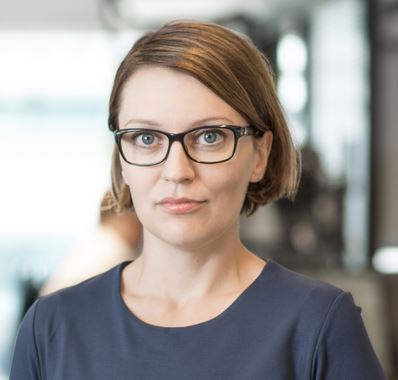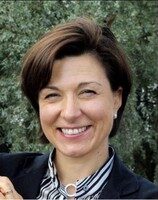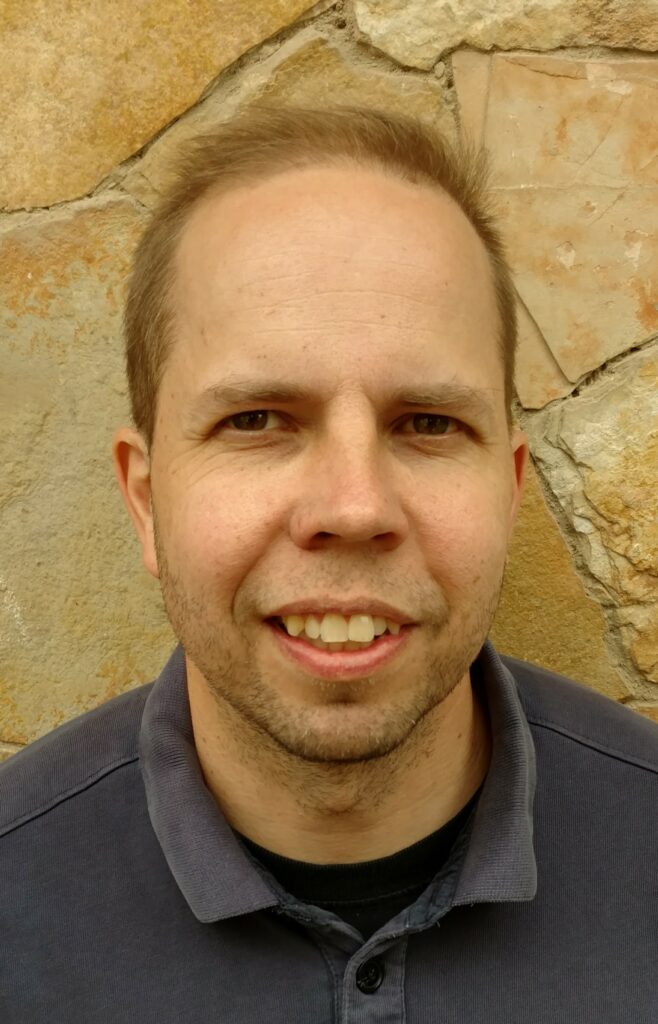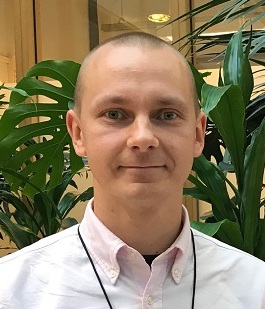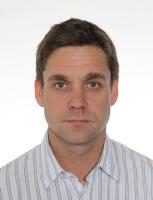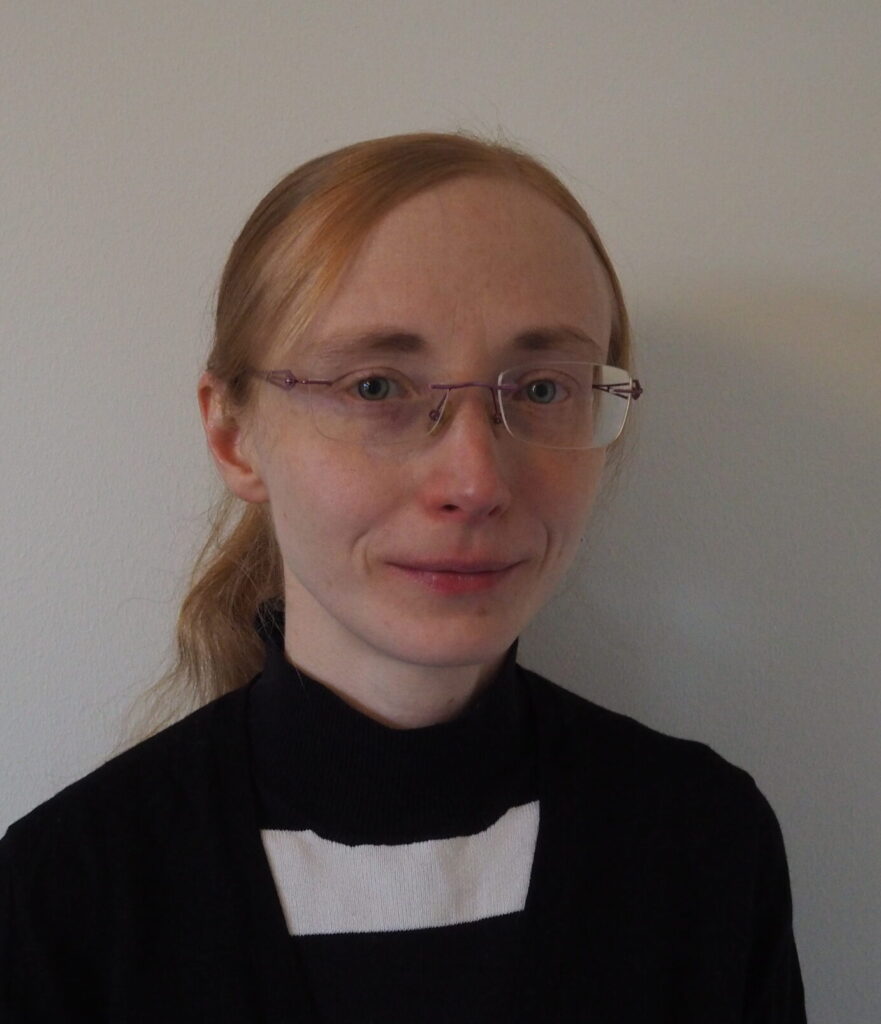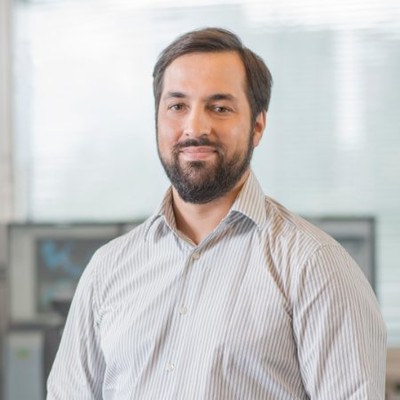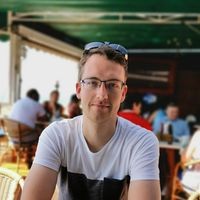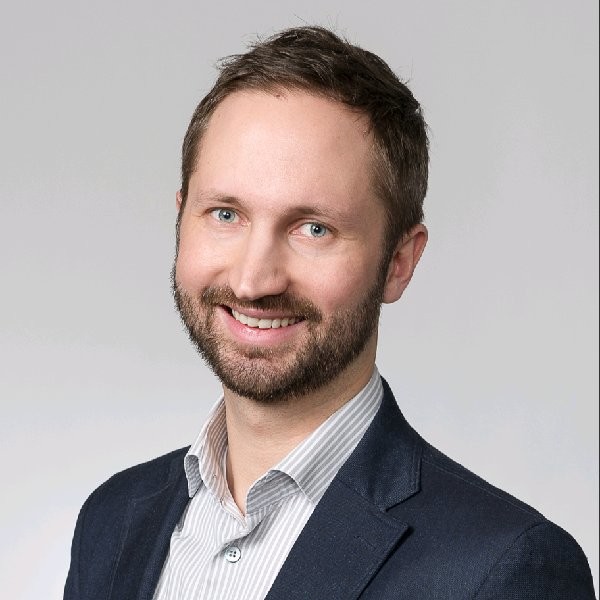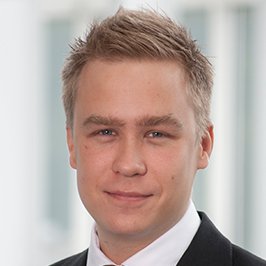The EURO 2022 conference is getting closer! Here’s the second call with all the important information. This is a rare opportunity for attending a conference this extensive and meeting the key people in the field in Finland. Join us in Espoo in July!
EURO 2022
32nd European Conference on Operational Research (EURO 32nd),
Espoo, Finland, July 3-6, 2022,
www.euro2022espoo.com
Twitter: @k_conference
Facebook: https://www.facebook.com/euroKconference
SECOND ANNOUNCEMENT AND CALL FOR PAPERS
=========================================
We have the great pleasure of inviting you to take part in the 32nd EURO Conference to be organized in Espoo, Finland on 3-6 July, 2022.
The Scientific and Organization Committees, chaired by Dolores Romero Morales and Antti Punkka, along with Juuso Liesiö and Eeva Vilkkumaa, are preparing a conference to remember.
EURO 32nd Conference will be an excellent opportunity for the OR community to get together again in a pleasant atmosphere, and we are looking forward to meeting you in Espoo this summer!
PLENARY, KEYNOTE & SPECIAL SESSIONS:
=================================
The scientific program will include outstanding plenary, keynote and tutorial talks. In addition, this year we will have a special round table session dedicated to the three EURO Forums: WISDOM, EUROYoung, and The Practitioners’ Forum.
PLENARY Speakers:
Andrea Lodi (Cornell University, USA) – IFORS Distinguished Lecturer
Marja-Liisa Siikonen (MLS Lift Consulting Ltd, Finland)
Christina Pagel (University College London, UK)
KEYNOTE Speakers:
Fran Ackermann (Curtin University, Australia)
Jacek Gondzio (University of Edinburgh, UK)
Emilio Carrizosa (Universidad de Sevilla, Spain)
Martin Schmidt (Trier University, Germany)
Athanasios Yannacopoulos (Athens University of Economics and Business, Greece)
Krzysztof Burnecki (Wroclaw University of Science and Technology, Poland)
Burcu Balçık (Özyeğin University, Turkey)
Antonio Conejo (Ohio State University, USA)
Claudia Archetti (ESSEC Business School, France) – EUROYoung invited Keynote
James Cochran (University of Alabama, USA)
Grit Walther (RWTH Aachen University, Germany)
Daniel Kuhn (Ecole Polytechnique Fédérale de Lausanne, EPFL, Switzerland)
Please follow the Conference website www.euro2022espoo.com for more detailed information
CALL FOR PAPERS AND SESSIONS:
============================
Researchers, academics, practitioners, and students interested in any branch of Operational Research, mathematical modelling or economic analysis are invited to submit abstracts or organize sessions.
Invited and contributed papers will be organized in parallel sessions. In general, sessions are part of the Conference streams, and streams are grouped in different areas. The list of areas and streams is available at www.euro2022espoo.com.
No participant can present more than one paper at the Conference.
Abstract submission system is available online, via the Conference website www.euro2022espoo.com.
Abstracts: max. 1500 characters; submission deadline: March 4, 2022.
Researchers who wish to organize a stream or an invited session or contribute with a paper within an invited session should contact a Programme Committee member of the corresponding area, https://euro2022espoo.com/conference-programme/areas-and-streams/.
IMPORTANT DATES:
================
Abstracts:
Abstract submission deadline: Friday, March 4, 2022
Registration:
Early registration deadline: Friday, March 25, 2022
Author registration deadline: Friday, April 8, 2022
REGISTRATION FEES:
==================
Regular: €385.00 (early); €513.00 (late),
Student/Retired: €210.00 (early); €280.00 (late),
Accompanying persons: €129.00.
The regular/student/retired registration fee includes:
Admission to all sessions and the exhibition
Conference materials
Tea, coffee and buffet lunches throughout the conference
Admission to the Welcome Reception on Sunday and to the Farewell Party on Wednesday
A four-day pass for public transport
The registration fee for an accompanying person covers the same except the admission to sessions and conference materials.
Please note that the Conference Gala Dinner on Tuesday is not included in the registration fee.
CALL FOR EXHIBITORS:
====================
Parties interested in having a booth or exhibition area during the Conference are kindly requested to contact the EURO 2022 Conference Secretariat (Gráinne McQuaid, Senior Project Manager: euro2022@abbey.ie).
We look forward to welcoming you to our great conference in Espoo!
Dolores Romero Morales
Antti Punkka, Juuso Liesiö, Eeva Vilkkumaa
For any further information, contact the EURO 2022 CONFERENCE SECRETARIAT:
c/o Abbey Conference & Events
=====================================================================
· Phone: (+353) 1 648 6130
· Email: euro2022@abbey.ie
=====================================================================
